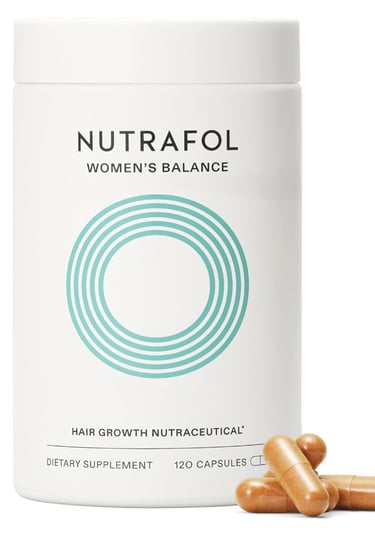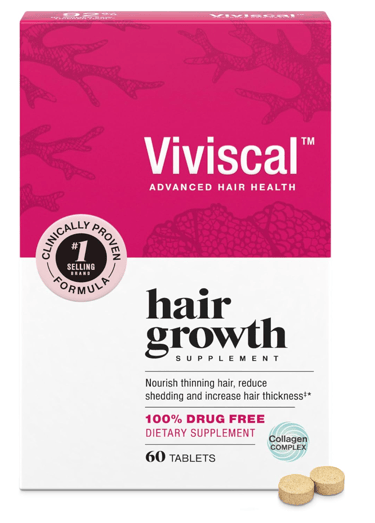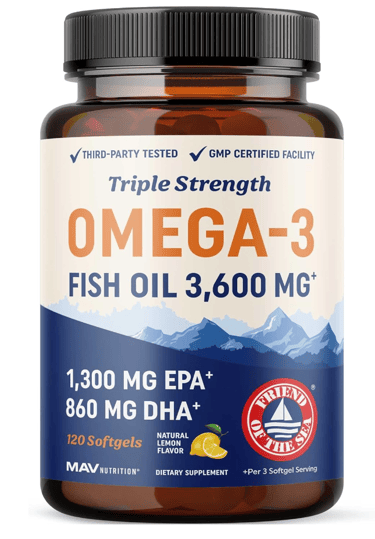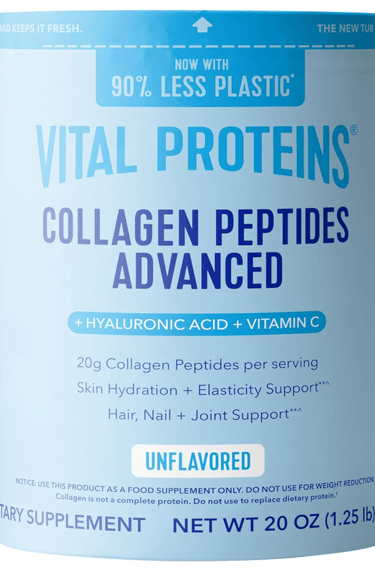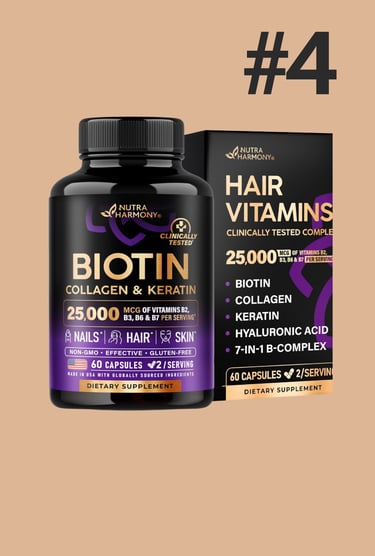Understanding Hair Loss During Peri-menopause: And How to Regain Healthy, Strong Hair
10/28/20253 min read
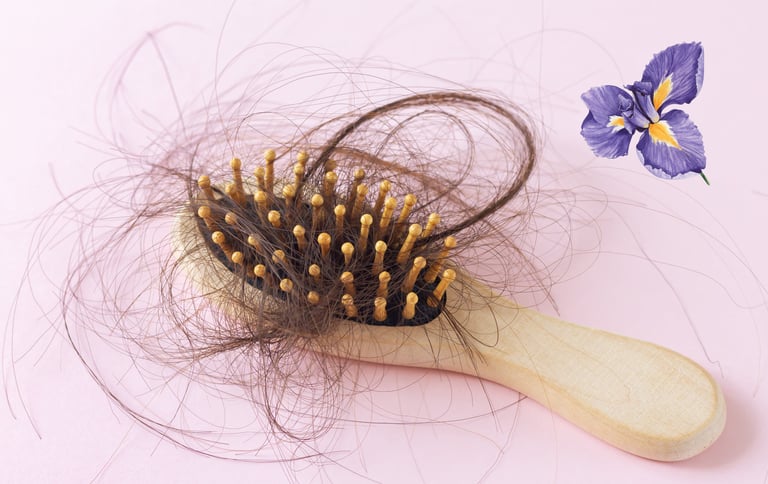

For many women, peri-menopause brings unexpected changes, not just to mood, sleep, or energy levels, but to something deeply tied to confidence: hair. If you’ve noticed more strands in the shower drain or a widening part line, you’re not alone. Hair thinning is one of the most common symptoms of hormonal fluctuation during perimenopause. The good news? There are ways to slow it down and even restore healthy growth with the right support.
Why Hair Loss Happens During Peri-menopause
Perimenopause is the transitional phase before menopause when estrogen and progesterone levels begin to decline. These hormones play a key role in maintaining hair thickness and growth. As their levels drop, hair follicles receive less stimulation, leading to thinner, weaker strands and slower regrowth.
At the same time, testosterone levels may remain the same or even rise in relation to falling estrogen. This can increase the effects of dihydrotestosterone (DHT), a hormone known to shrink hair follicles and contribute to female-pattern hair loss.
Stress, thyroid changes, and nutrient deficiencies can also worsen hair thinning during this stage, making a comprehensive approach essential.
How to Address Perimenopausal Hair Loss Naturally
1. Nourish Your Body from Within
A nutrient-dense diet can strengthen hair at the root. Focus on lean proteins, leafy greens, colorful fruits, nuts, and seeds. Iron, zinc, biotin, and vitamin D are particularly important for healthy hair follicles. Omega-3 fatty acids found in fish like salmon and mackerel help reduce inflammation and improve scalp health.
2. Manage Stress
High stress increases cortisol, which can disrupt hormone balance and trigger shedding. Incorporate calming practices such as yoga, meditation, deep breathing, or simply taking time outdoors. Prioritizing quality sleep also helps regulate hormones that affect hair growth.
3. Support Hormonal Balance
Balancing hormones naturally through lifestyle, nutrition, and possibly supplements can make a significant difference. Limiting caffeine, reducing alcohol, and maintaining a healthy weight all contribute to better hormonal stability. Always consult your healthcare provider if symptoms are severe, as bioidentical or herbal therapies may be appropriate.
4. Treat Your Hair and Scalp Gently
Avoid over-washing or using harsh shampoos that strip natural oils. Choose sulfate-free, nourishing formulas and avoid excessive heat styling. Scalp massage can also increase circulation and stimulate dormant follicles.
My 5 Top Recommended Hair Growth Supplements for Perimenopausal Women
Nutrafol – The number one recommended supplement for women experiencing hormonal hair thinning. Nutrafol is clinically tested and formulated specifically for perimenopausal and menopausal women. It contains natural ingredients like saw palmetto, marine collagen, and ashwagandha that target the root causes of hair loss, including stress, DHT levels, and nutrient deficiencies.
Viviscal – Supports existing hair growth and nourishes thinning hair with a marine collagen complex and essential vitamins.
Collagen Peptides / Multi-Collagen Powder – These kinds of supplements (containing types I, II, III, V, X collagen + biotin + keratin) are increasingly popular for hair strength and fullness and have good review traction.
Biotin-Rich Hair & Nails Formulas – High-potency biotin (Vitamin B7) along with keratin and collagen supports hair strand strength and growth, especially if nutrient gaps exist.
Omega-3 / Essential Fatty Acid Hair Complexes – While not always marketed strictly for hair, supplements rich in omega-3s (plus zinc, antioxidants) help nourish follicles, improve scalp health and reduce inflammation — support overall hair growth.
